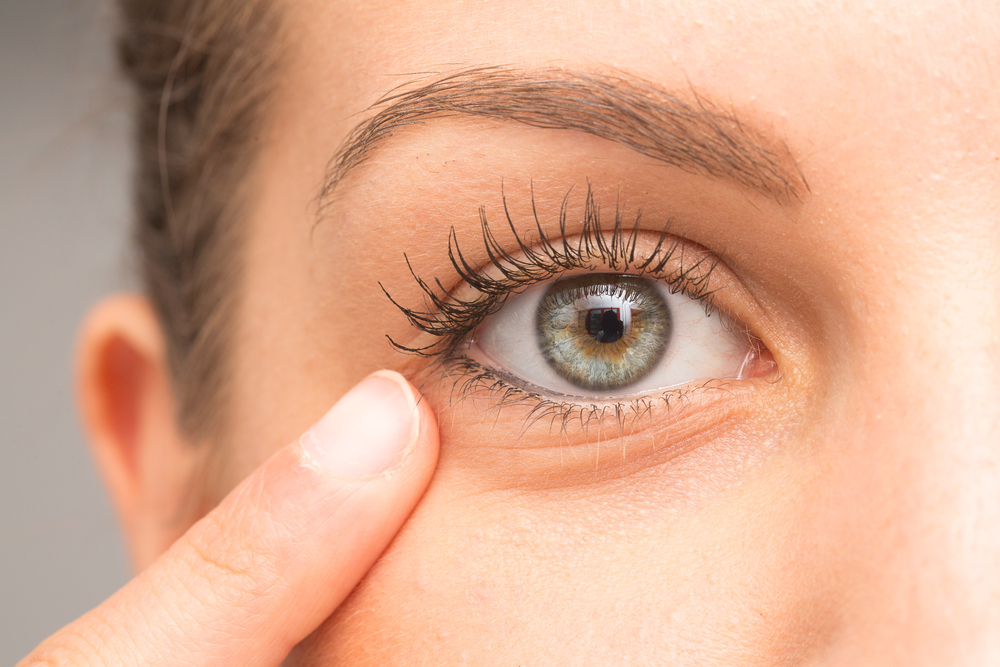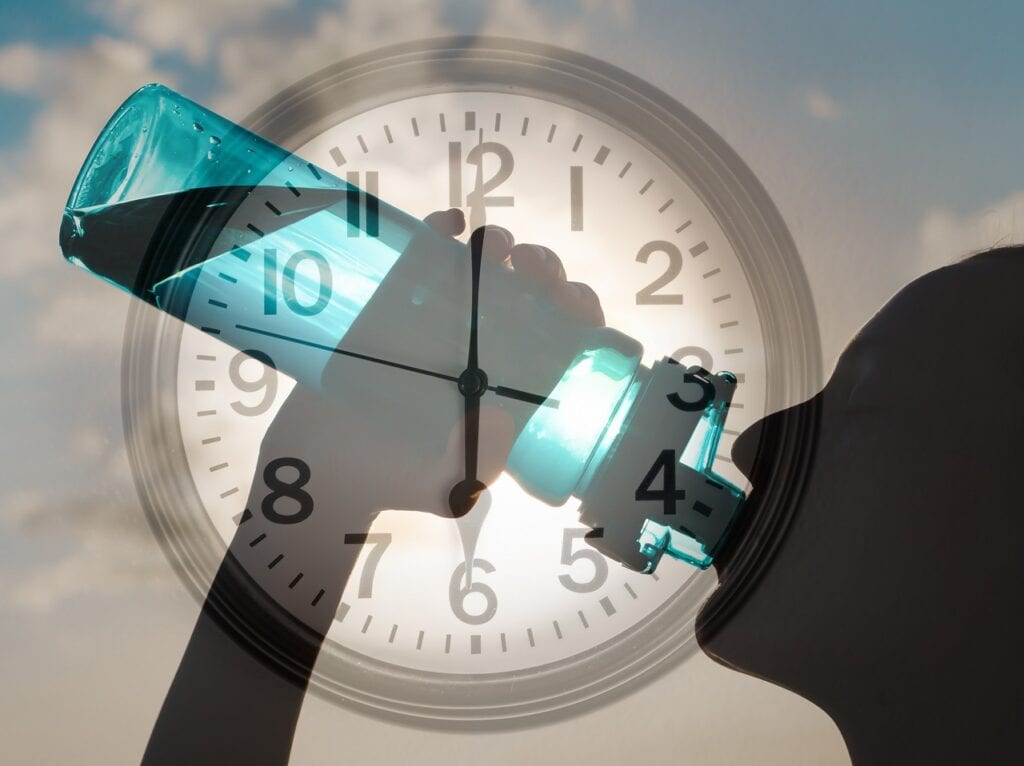7 Tell-Tale Signs Of Dehydration

While dehydration can be quite common, it can also be dangerously fatal if left untreated. This is especially true for younger children. Because the human body is mostly made of fluids, it’s just but normal for it to require large amounts of fluids to function properly. When there’s not enough fluid, dehydration may occur. And when it does, it’ll be more than just a simple thirst.
With summer fast approaching, it’s very important to watch out for possible dehydration, especially among kids. You wouldn’t want this to get in the way of all the fun summer activities that your family will be going to. More than anything, it’s important to stay safe.
As a precautionary warning, here are some of the tell-tale signs and symptoms that someone is dehydrated:
1. Increase In Appetite

If you seem to want to reach out for a snack all the time, stop yourself right there. Instead of taking in food, try to drink water first. You’re probably just thirsty.
But aside from possibly mistaking your thirst for hunger, one of the symptoms of dehydration is the perception of hunger. This can be misleading, as it may also keep you from getting the right amount of fluids.
If you know you’ve just eaten, and you feel hungry again, you’re probably wrong. Next time you feel like snacking, just grab some water or a healthy, sugar-free, rehydrating drink, like the ones you can get from dripdrop.com.
2. Excessive Thirst
Thirst is one of the first signs of dehydration. You may have heard that old saying that once you’re thirsty, it probably means you’re dehydrated, because when your body is in need of more fluids, your brain will tell you to feel thirsty. So, it’s important to drink water as soon as you feel thirsty.
If water can’t seem to quench your thirst, here are other beverages you can try:
- Skimmed or low-fat milk. These kinds of milk are rich in electrolytes, which your body loses during dehydration. Plus, it’ll also give you protein and other nutrients. It’s a good way to boost your body right away, especially if dehydration has started to make you feel weak already.
- Oral hydration solutions. If you’re dehydrated because of vomiting or diarrhea, an oral hydration solution is an ideal option. These are water-based solutions that are infused with potassium, sodium, and chloride. If, for some reason, you can’t get one, it’s easy to make your own: just add half a teaspoon of salt and six teaspoons of sugar to one liter of water.
- Aloe water. If you have an aloe plant at home, slice the leaves vertically, scrape off the gel and mix them with water. If you don’t have one, aloe juice will work just as well. Aloe vera is rich in antioxidants that have potent regenerative properties. Plus, it’s a good detoxifying agent for the gut, so if you have diarrhea from some harmful microorganisms that you may have ingested, this may help cleanse your gut too.
3. Sunken Eyes

Sunken eyes are one of the most common symptoms of dehydration. The skin under the eye area is delicate and is one of the first parts that easily lose fluids when you’re dehydrated, hence, it sinks like it’s deflated.
This symptom of dehydration is one of the easiest to look at when checking for possible dehydration, which is why doctors also check the eye area to help them decide if the patient is in immediate need of an intravenous infusion.
4. Dry Or Sticky Mouth
Dry mouth is also referred to as xerostomia. This occurs when your salivary glands aren’t producing enough saliva, because your body doesn’t have enough fluids to begin with. When your mouth becomes dry, it may also feel sticky as your saliva becomes thicker. This can be uncomfortable and make swallowing difficult. It’ll feel like your mouth is just full of mucus.
Dry or sticky mouth also leads to bad breath, and other problems such as:
- Soreness or burning sensation inside the mouth
- Difficulty swallowing, eating, and chewing
- Dry, cracked lips
5. Weakened Immune System

While most cases of dehydration happen quickly and are easily recognizable, there are also cases that take time before it becomes obvious. Mostly, they occur because of bad habits, especially when you’re used to just drinking a small amount of water every day.
In cases like this, a person may already be dehydrated without them even knowing it. However, the effects inside the body can be insidious. When your body doesn’t have enough fluids, it won’t be able to distribute the nutrients you take to where they’re needed. Moreover, it’ll become difficult to flush out toxins, which will eventually make you prone to infection or disease.
The most common sign of a weakened immune system is when you seem to catch a cold more often than you used to. Easily catching diseases from other people is also a sign. If this is something you suspect, taking alkaline water may help you improve your immunity, along with proper sleep, a healthy diet, and some vitamins.
6. Dry, Cool Skin
When you pinch your skin and it leaves a mark and doesn’t bounce back quickly like a healthy, plump skin normally does, that’s another sign that you’re dehydrated.
Dry skin happens for a simple reason: it lacks moisture. Typically, it’s not serious. But it can be irritating, as it can also leave your skin feeling itchy.
Dry skin can be different for everyone, but some of the most common symptoms revolve around:
- Cracked skin
- Skin that feels tight
- Itching
- Skin that feels rough
- Peeling, scaling, and flaking
7. Headaches That Don’t Go Away

Headaches associated with dehydration are often more severe. But although they can be treated with pain relievers, the effect will only be temporary if dehydration is not addressed. If your headache doesn’t seem to go away even after several doses of pain relievers, try rehydrating instead.
Conclusion
Learning to recognize the tell-tale signs of dehydration will help you become more proactive with your approach in determining if someone needs medical attention. Dehydration can be easily fatal when not treated immediately, so as soon as you see someone with at least one of these signs, make sure to help them rehydrate as soon as possible, and if the signs don’t disappear, take them to a doctor as soon as you can.




